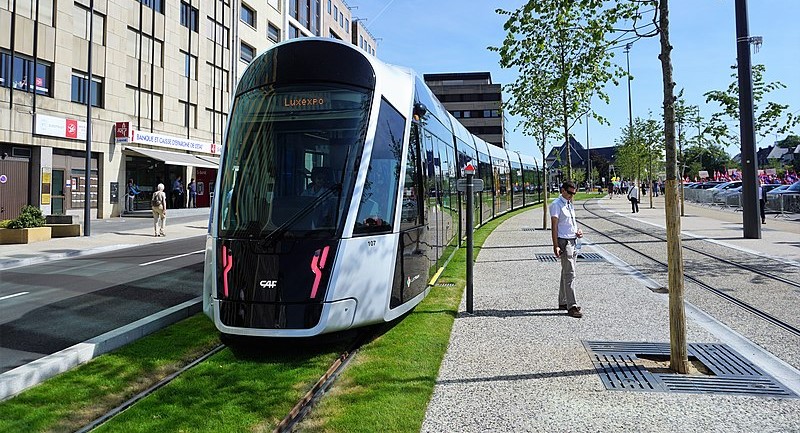Researchers urge: Introduce a national traffic reduction target
Mistra SAMS researchers participate in the transport policy debate

Mistra SAMS researchers participate in the transport policy debate: Car traffic needs to be reduced and transport policy needs to focus on a sustainable and fair transition.
Two debate articles on transport policy have recently been published in Aftonbladet and Svenska Dagbladet, with researchers from Mistra SAMS among the writers. The two articles show that reduced tax on fuel, reduced reduction obligation, increased electricity tax and not introducing a mode-neutral travel deduction are some of the decisions that are currently counteracting sustainable transition in the transport sector. The researchers call for policies and planning that are more clearly aligned with the objectives of sustainable and accessible mobility, and to introduce measures that can quickly lead in a direction where accessibility is maintained even with reduced car traffic, in ways that take into account the different conditions that exist in cities and rural areas.
"Sweden needs a coherent policy for a more transport-efficient society with a clear target for reducing car traffic and promoting sustainable mobility - measures that can have significant positive effects on health and the living environment, among other things," write Mistra SAMS researchers Karolina Isaksson and Jacob Witzell in a debate article in SvD, together with Håkan Johansson, consultant and researcher in sustainable transport at Trivector Traffic, and Anders Roth, mobility expert at IVL Swedish Environmental Research Institute.
Traffic growth is not a law of science
The transport researchers explain to the Swedish newspaper Dagens Nyheter that the Swedish Transport Administration uses a forecast-based model for infrastructure planning, which assumes that traffic will continue to increase, instead of a target-based model where infrastructure is planned based on what is required to achieve climate- and sustainability goals. But traffic growth is not a law of science, Karolina Isaksson points out.
Emissions would be reduced with other approaches to transport sector development and with infrastructure funding aimed at reducing car dependency, such as public transport, says Joanna Dickinson, expert on sustainable mobility at the IVL Swedish Environmental Research Institute.
"Transport policy must be more than a reduction in fuel prices"
In a debate article, Mistra SAMS researchers Malin Henriksson, Fredrik Johansson and Greger Henriksson, together with several researchers who have studied the conditions of everyday travel in Sweden, write that the possibility of travelling in the way one needs in everyday life is limited in areas where residents are dependent on public transport and have lower car ownership.
"Accessible public transport is a fundamental condition for participation in society and enables activities that promote social life, health and access to schools, education and the labour market.
For this reason, equity should be seen as a welfare issue and therefore it is also important that tax revenues are distributed accordingly. This important perspective has been forgotten in the debate on high fuel prices."
Text: Jenny Rosen
Read the opinion pieces (in Swedish)
www.aftonbladet.se/debatt/a/4o91wo/forskare-dyr-kollektivtrafik-gor-sverige-mindre-rattvist
Debattörer: Sverige behöver ett mål för minskad biltrafik | SvD Debatt
Debattörer: Elektrifiering och biodrivmedel räcker inte | SvD Debatt
Kritik mot Trafikverkets plan – utgår från 25 procents ökning av biltrafiken - Dagens Nyheter
